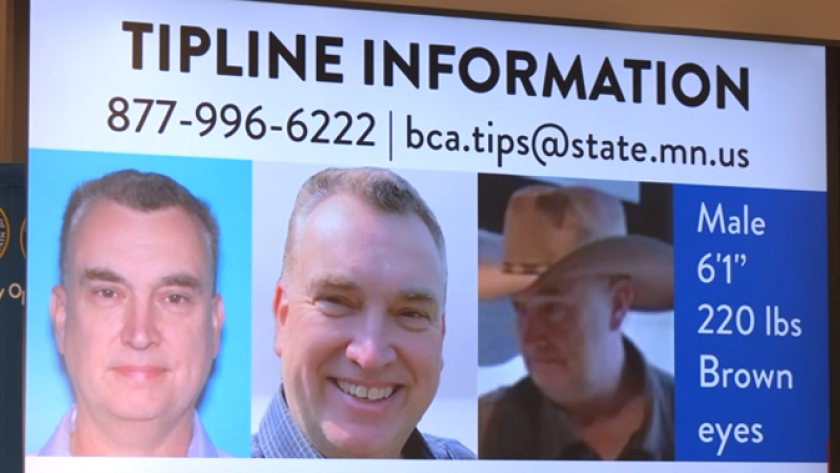ST. PAUL — The Minnesota Senate passed increased requirements for DWI offenders on Wednesday, May 7, hours after a St. Louis Park man pleaded guilty to killing two people in a drunk-driving crash.
The bill, , would change several DWI laws, but focuses on ignition interlocks — a breathalizer device installed in a car for DWI offenders that checks if a driver has been drinking alcohol before the car can start.
ADVERTISEMENT
If signed into law, the bill would extend the look-back period from 10 years to 20 years, meaning that any prior alcohol-related driving offenses within the past 20 years would be considered when determining whether a person must use an ignition interlock device, instead of 10 years.
The authors of the bill, Sen. Ron Latz, DFL-St. Louis Park, and Rep. Larry Kraft, DFL-St. Louis Park, said the legislation was prompted by a fatal car crash involving drunk driving outside the Park Tavern restaurant in St. Louis Park in September. The driver, who killed two people and injured nine others, morning hours before the Senate passed the DWI law.

Latz said on the floor Tuesday that the change to a 20-year look-back window could have prevented the Park Tavern case.
“The individual in the Park Tavern case had five prior DWIs, but they've been spread out over a period of time of around 30 years,” Latz said. “So this extending the look-back period will capture more cases, and would have ... required this driver also to be on interlock, had this law been in effect at the time.”
The bill would also modify the duration requirements for ignition interlock use. Current law caps the interlock requirement at six years regardless of the number of prior offenses. It creates a scalable system that extends the duration further as the number of offenses increases. For example, two years for people with one prior DWI, six years for two prior incidents, and 10 years for three or more prior DWIs.
According to , about 2.6% of Minnesotans reoffended while using an interlock device. Once the device was removed, the reoffense rate rose to 8.5%. In comparison, nearly 11% of those who never used an interlock reoffended.
The bill passed the Senate unanimously, passed the House 123-5 on May 1, and now heads to conference committee, where lawmakers will work out any inconsistencies between the Senate and House versions before heading to Gov. Tim Walz for signing.
ADVERTISEMENT












